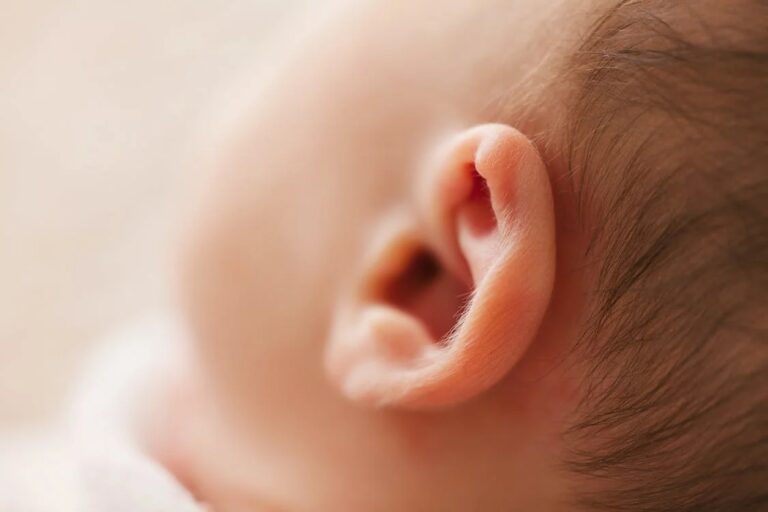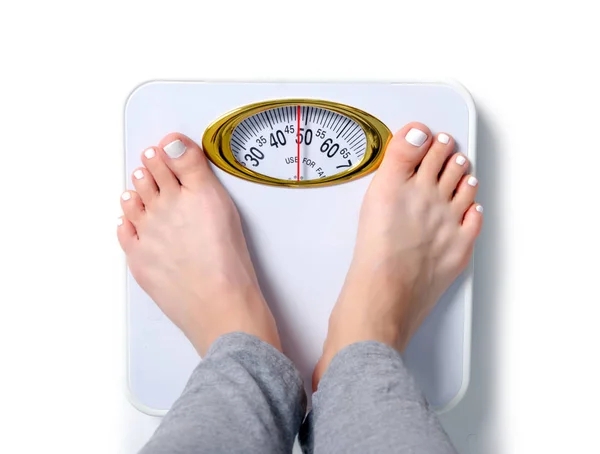In recent years, the use of melatonin by children has significantly increased. Melatonin is a hormonal that regulates sleeping patterns. In a recent study, nearly half of the children aged 6-12 have used melatonin. Nearly one quarter of these children use it on a regular basis.
This trend can be explained in several ways. It is possible that parents are increasingly using melatonin to help their kids sleep. Melatonin, a naturally occurring substance, is often promoted as an effective and gentle sleep aid.
A second possibility is that today’s children are more likely than ever to have sleep issues. It could be due to increased screen time or irregular sleep schedules.
Melatonin can be beneficial for children who have sleep issues, but it should only be used with caution.
Melatonin is used by many children to sleep: Is it safe?
img alt=”Many children use Melatonin to sleep: Is it safe? “ src=”https://st4.depositphotos.com/2060347/27335/i/600/depositphotos_273354558-stock-photo-blister-pack-of-sleeping-pills.jpg”/>
Melatonin helps regulate sleeping. The pineal gland produces it in response to darkness. The levels of melatonin rise at night and drop in the morning to help signal to the body that it’s time to go to bed and get up.
Melatonin can be purchased as a supplement and is used to treat insomnia in both children and adults. Melatonin is considered safe to use for a short time, but it can have some side effects such as headaches, dizziness and daytime sleepiness.
Melatonin’s safety for children is still under investigation. It is known that melatonin is safe when used for a short time, but not long term. Experts recommend that Melatonin be used only for children who have certain sleep disorders such as delayed sleeping phase syndrome.
What are some of the possible side effects that melatonin can have on children?
Melatonin is known to cause mild, temporary side effects in children. These include:
- Headache
- Dizziness
- Sleepiness during the day
- Nausea
- Irritability
- Bedwetting
Melatonin may also interact with medications. It is therefore important to consult your child’s physician before administering melatonin.
What alternatives are there to melatonin?
Parents can help their children fall asleep without using melatonin by:
- Setting up a regular sleeping schedule
- Create a relaxing bedtime ritual
- Make sure your bedroom is cool, dark and quiet
- Limiting screen use before bed
- Encourage regular exercise but avoid strenuous activities close to bedtime
Should you give your children melatonin to sleep?
Speak to your doctor if you’re worried about the sleep of your child. You can ask your doctor if melatonin would be a good option for your child, and he can also recommend alternative ways to get them to sleep.
Additional things to consider:
- Melatonin does not cure insomnia or any other sleeping disorders.
- Melatonin’s quality and consistency are not guaranteed by the FDA.
- It is important to only use melatonin for a short time.
It is important that you choose a melatonin product that has been USP-verified if you want to give it to your child. The product will have been tested independently and meet certain standards of quality and purity. Start with a small dose and gradually increase the dosage as required.
You should also talk to your doctor about the side effects that you child may be experiencing.









+ There are no comments
Add yours